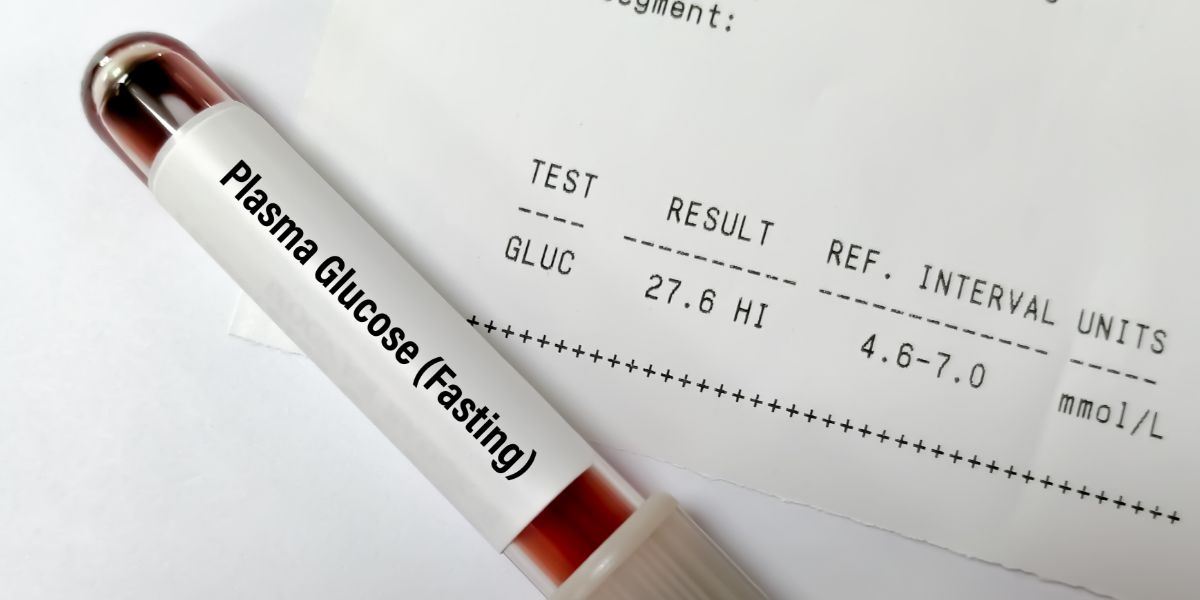Having diabetes can make it more difficult to drive large passenger carrying vehicles (PCVs), especially if you are treated with insulin.
People who are able to demonstrate good diabetes control are eligible to drive large PCVs.
While insulin users may be discouraged from driving emergency vehicles, some people with type 1 diabetes have applied successfully and been employed.
If you have diabetes and work as a driver, your eligibility to continue driving will depend on a number of factors.
How do I apply for a vocational driving licence?
The process of getting your vocational entitlement to drive is a three-step process: [18]
- Initial application forms
- A medical questionnaire
- A further medical questionnaire and an examination by your consultant
Diabetes and ‘blue light’ emergency services
A blanket ban has previously stopped people with insulin-treated diabetes from driving ‘blue light’ emergency services vehicles.
But in recent years, several people with type 1 diabetes have been judged as suitable for blue light driving.
However, it is a necessity to ensure excellent control of your blood glucose levels and diabetes management in order to continue driving emergency service vehicles.
Taxi drivers with diabetes
Local councils issue licences for taxis and minicabs. Their policies may vary throughout the UK and it is best to check with individual councils for further information.
Taxi drivers who are dependent on insulin may find it harder than those on tablets, but there is no blanket ban across the UK.
Diabetes and driving HGVs and PCVs
If your diabetes is treated with diet and/or diet and tablets, you can hold a licence to drive either a large good vehicle (LGV) or a passenger-carrying vehicle (PCV).
If your diabetes is insulin-treated, you will automatically lose the entitlement to drive vehicles within:
- the C1/C1+E class (including categories C1, C1E, D1, D1E, C, CE, D or DE)
This includes vehicles between 3.5 and 7.5 tonnes with a trailer, up to a combined weight of 8.25 tonnes.
However, you can apply to be assessed individually to drive these vehicles, in which you must meet a number of conditions:
- No episodes of hypoglycemia at the wheel within the last 12 months
- Receive an assessment from a diabetes consultant d at least once a year
- Regularly test your blood glucose levels, especially before and around times of driving
- Have stable blood sugar control on insulin for at least a month
- Have no other conditions that would invalidate an application for the license
- Sign a declaration to follow doctor’s decisions and report any significant changes in your condition to the DVLA










